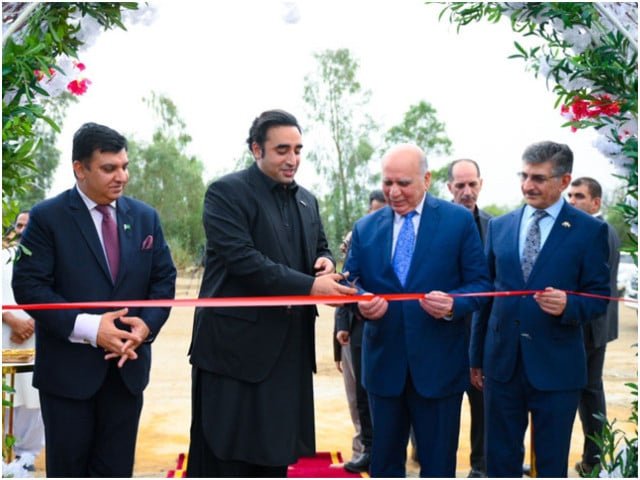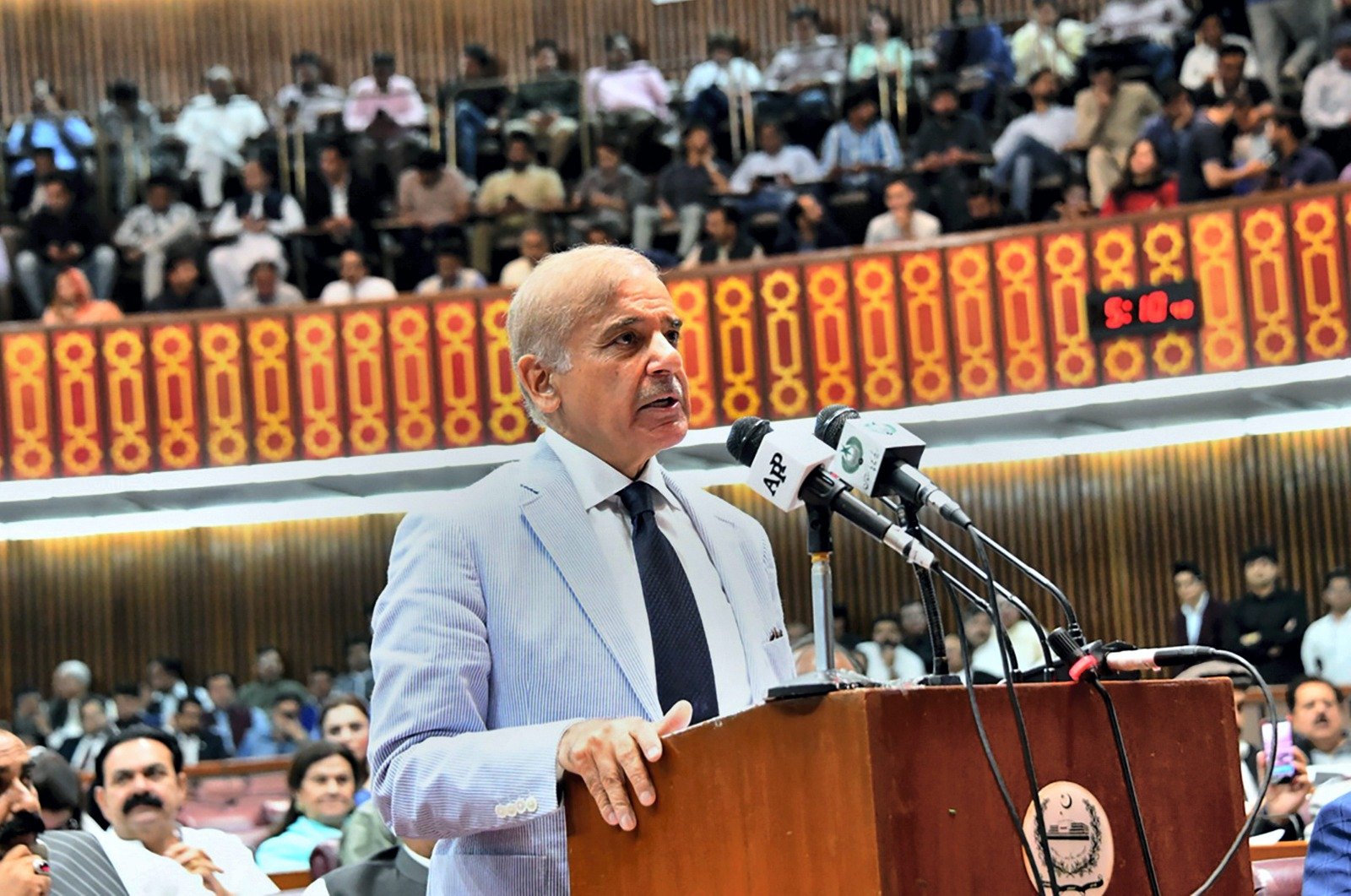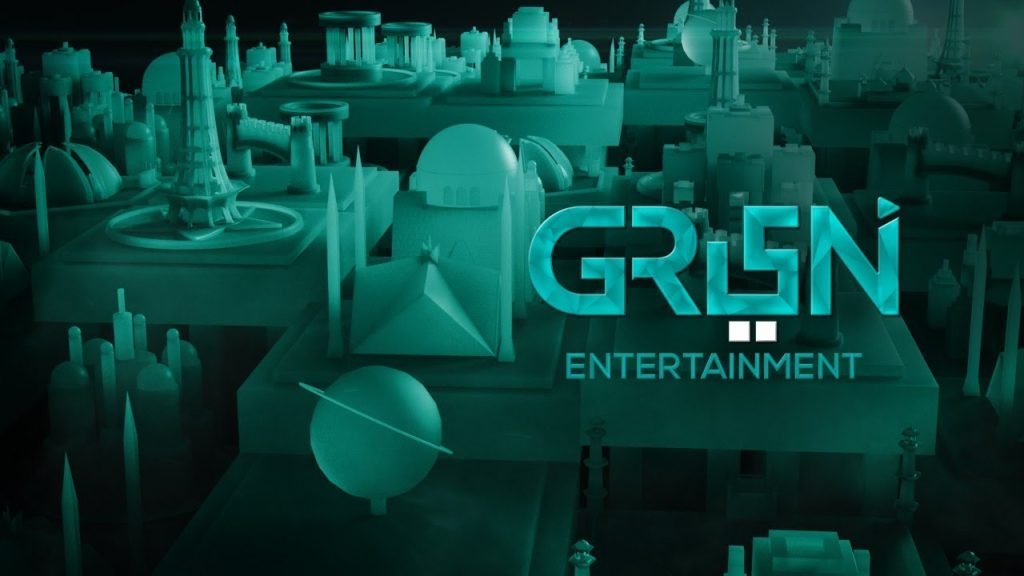Iran’s President Issues Strong Warning to Israel After Missile Strikes

TEHRAN: Iranian President Masoud Pezeshkian issued a stern warning to Israel following the Islamic Revolution Guards Corps (IRGC) missile attack on Israeli territories, stating that Iran stands firm against any threats, but does not seek conflict.
Iran Responds to Leadership Killings
President Pezeshkian’s statement came in response to the recent killing of prominent leaders, Ismail Haniyeh of Hamas and Hassan Nasrallah of Hezbollah, by Israeli forces. Addressing the nation, he said, “Netanyahu should know that Iran is not belligerent, but it stands firmly against any threat.”
The Iranian missile attack was launched as an act of retaliation and to defend Iran’s interests in the region. Pezeshkian emphasized that the operation was carried out with a focus on peace and security for both Iran and the Middle East.
Missile Attack and Its Aftermath
On Tuesday, Iran launched around 180 missiles at Israeli territories, in what was described as a retaliatory strike for the deaths of the Hamas and Hezbollah leaders. The attack sent alarms across the region and prompted concerns about further escalation.
While most of the missiles were intercepted by Israeli air defenses and allied forces, the strike demonstrated a display of Iran’s military capabilities. Pezeshkian called the missile attack “only a corner” of Iran’s power, further warning Israel against engaging in conflict with Iran.
Israeli Response
As the missiles targeted various parts of the occupied territories, sirens blared across Israel. After about an hour, the Israeli military reported that the attack had ended, with a “large number” of missiles successfully intercepted.
Regional Tensions Escalate
The missile strikes have heightened tensions across the Middle East, with fears of further conflict between Iran and Israel. The retaliatory nature of the attack, coupled with the deaths of key leaders in Hezbollah and Hamas, signals the potential for broader regional unrest.










